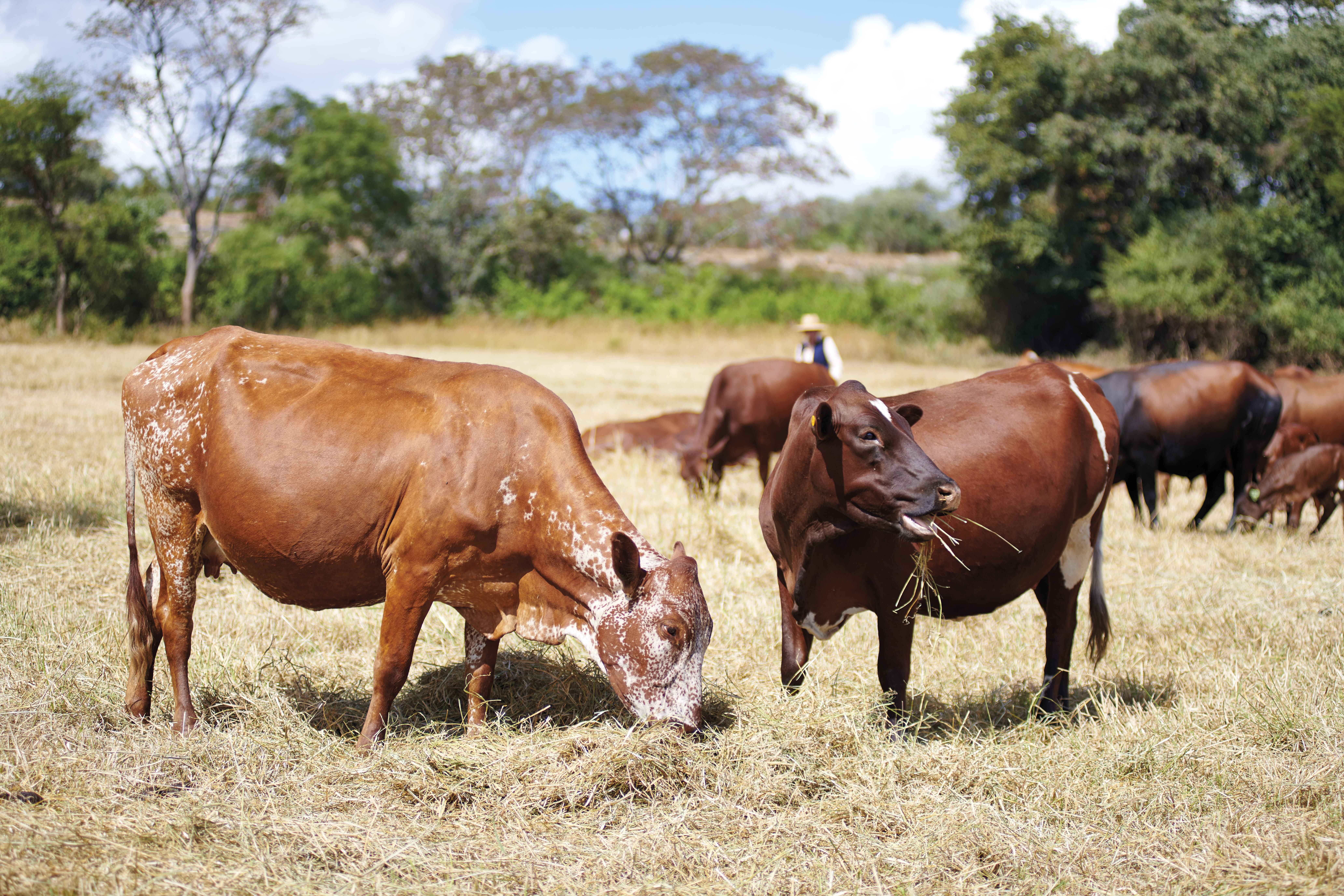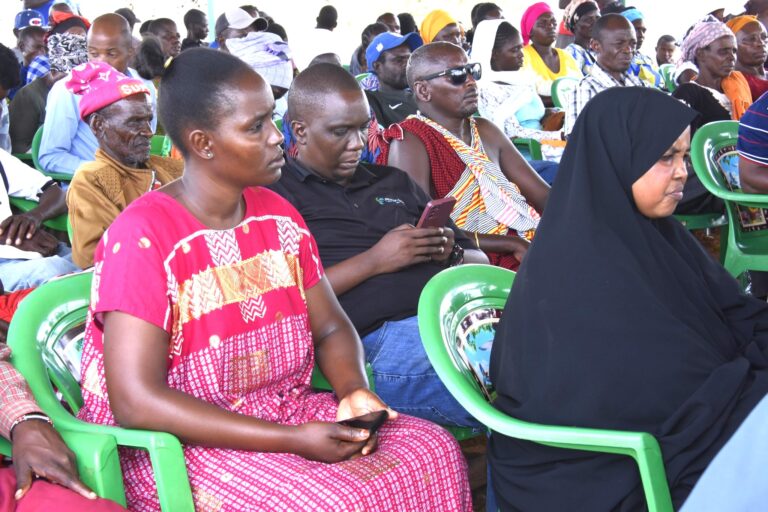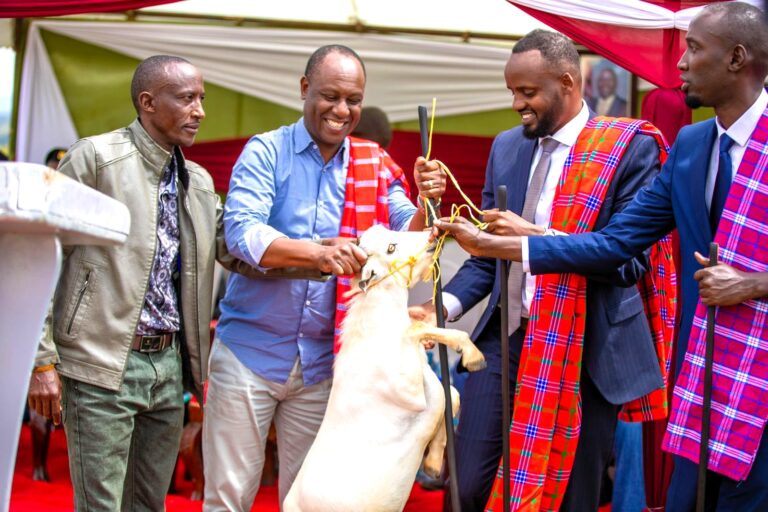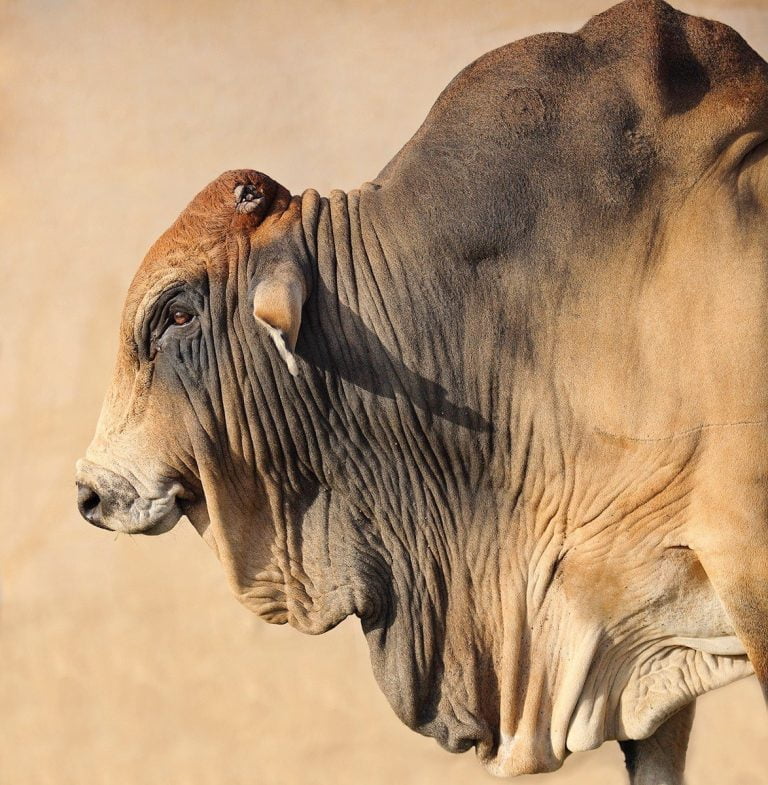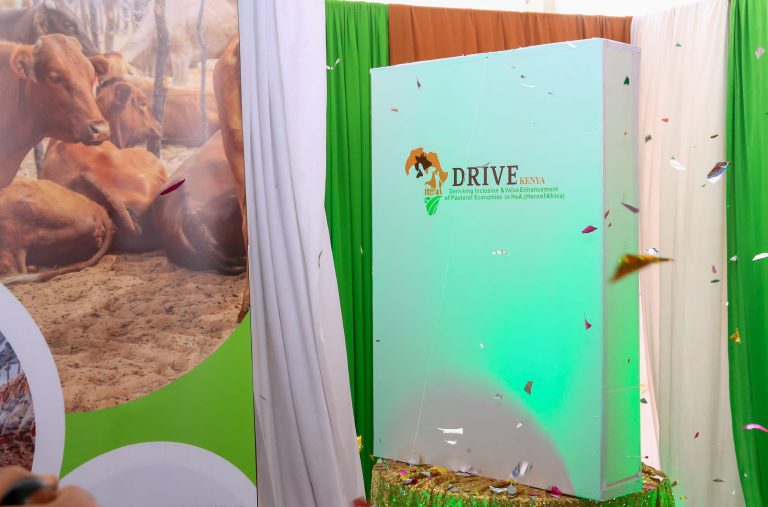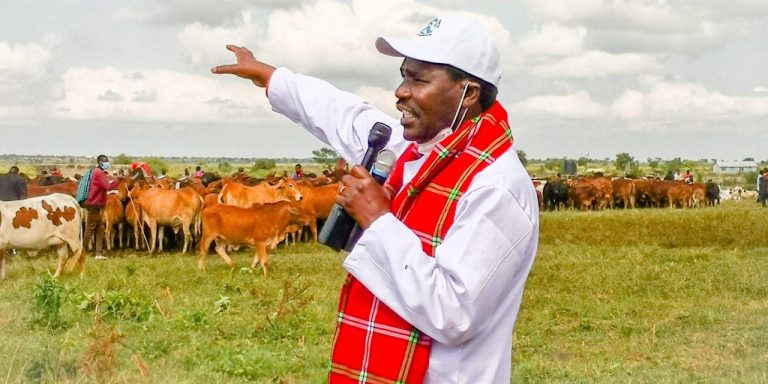By Correspondent
Kenya’s livestock sector is positioning itself for stronger economic growth through better coordination, investment, and market linkages along the pastoral livestock value chain. The market-driven transformation aims to boost private sector participation and enhance the country’s competitiveness in regional and international markets.
This comes as Kenya’s meat export industry continues its upward trajectory, driven by rising global demand, population growth, and new market opportunities across the Middle East, Asia, and Africa. The country’s meat exports rose from Sh11.5 billion in 2022 to Sh19 billion in 2023, before slightly dipping to Sh18.7 billion in 2024—an average growth of 39 percent.
The Gulf region remains Kenya’s main export destination, led by the United Arab Emirates, Saudi Arabia, Oman, Qatar, and Kuwait. Building on this success, Kenya is now targeting emerging markets in Asia, including China, Malaysia, and Indonesia, while exploring opportunities in African countries such as Libya, Senegal, Comoros, and Nigeria.
Even as the meat industry plays a major role in the national economy by supporting food security, rural livelihoods, and export earnings, the sector still faces challenges, including inefficiencies along the value chain, inconsistent quality standards, limited access to inputs, and weak coordination among key players.
To address the challenges, the African Union–Inter-African Bureau for Animal Resources (AU-IBAR), through the African Pastoral Markets Development (APMD) Platform has brought together feedlot operators, processors, and policymakers to explore investments, address regulatory bottlenecks, and align livestock production with market demands.
AU-IBAR, the African Union’s animal resources agency, leads the APMD initiative, launched in January 2025 with support from the Gates Foundation. The four-year program seeks to promote market-driven growth and sustainable development in Africa’s pastoral livestock sector.
The meeting held in Naivasha, themed The Private Sector Roundtable and B2B Deal Room: Strengthening Kenya’s Meat Value Chain, aims to enhance private sector participation, improve meat quality standards, and foster partnerships to make Kenya more competitive globally.
According to APMD Platform Coordinator John Oppong, the livestock value chain is powering enterprises, sustaining millions of livelihoods, and shaping Africa’s economic future. He said better coordination and stronger partnerships could turn the sector into a powerful growth engine.
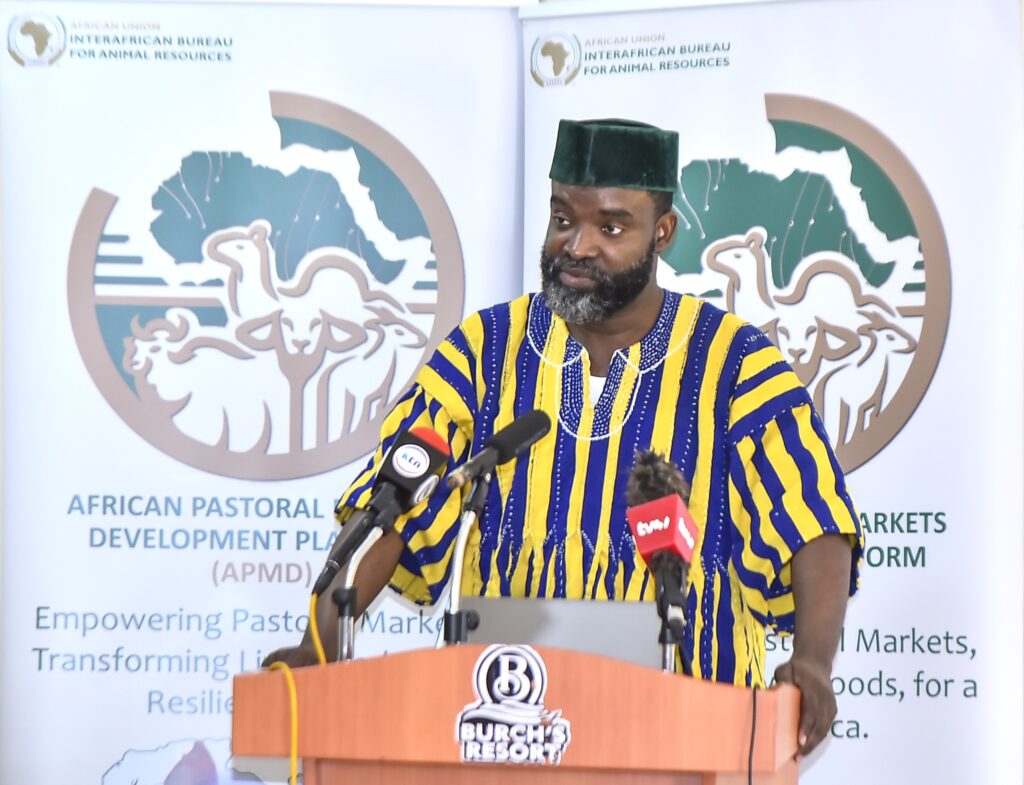
“If we can get it right, we can use that as an engine of growth and development across our rural communities in Africa. APMD exists to create a more connected, transparent, and market-oriented livestock economy, one that links production with processing, finance with opportunity, and policy with enterprise. So, this roundtable and the B2B deal room are practical steps towards this goal,” he said.
He added that stakeholders should coordinate to leverage economies of scale, cut transaction costs, improve quality, and boost Africa’s meat visibility. The private sector-led roundtable and deal room offer a timely platform for dialogue, knowledge sharing, partnerships, and consensus-building among industry players.
Strengthening the relationship and coordination between feed-lotters and meat processors would also foster private-sector-driven innovation and investment, enhance efficiency and reduce transaction costs across the value chain, standardize quality and improve consistency in meat production and establish formalized and transparent market linkages.
Dr. Richard Kyuma, CEO of the National Livestock Development and Promotional Services, noted that Kenya’s 22 million heads of cattle and 58 million sheep and goats hold massive untapped economic potential.
He noted that Kenya’s vast livestock resources remained underutilized, adding that if they were effectively converted into productive economic activities, the livestock sector had the potential to become the country’s leading source of income and a major driver of growth.
“And from where we sit, from where I sit, the government feels that the time has come where we can no longer ignore this sector and we have to do what it takes to make these figures count in terms of economic contribution to the country. There’s quite a lot of opportunities in the future. And this sector probably will come out strongly because our meat consumption is growing,” he stated.
According to Said Ali, AU-IBAR consultant, the expanding urban population and growing regional markets offer Kenya a strong chance to become a major exporter of meat and meat products across Africa. He stated that the sector contributes about 12 percent to Kenya’s GDP and 40 percent to the agricultural economy.
He added that climate change continues to threaten pastoralist communities that produce over 70 percent of Kenya’s meat. He called for modernization of slaughterhouses, observing that only seven of the country’s 1,000 facilities currently meet international export standards.
“Even though right now we have a good niche market in the Gulf region, we have to be able to see those high-value markets, particularly the EU and others. So, we have to be able to formalize this sector so that it can add us value,” he said.
Aden Nur Dahir, Chairman of the Kenya Meat and Livestock Exporters Council (KEMLEC), urged industry players to invest in commercial farming, feedlot systems, and value addition to remain globally competitive.
“For us to achieve what we need to achieve from this sector, especially livestock and livestock products, we need to go into value addition by exporting cut products. In that way, we can also create employment opportunities for our people, and we also add value to our product,” he said.
He further warned that without robust livestock traceability and identification systems, Kenya could lose access to key regional and international markets, undermining the country’s competitiveness and credibility in the global meat and livestock trade.
“Maybe the regulation or the requirement will come from these importing countries, where they are going to say, we will only accept products from commercial farming or feed-lotting systems, not from the freelancers,” he warned.
Maria Mbeneka, Director of Ranch Experts Ltd, said the forum was timely and would help bridge the long-missing business-to-business link between producers and processors, improving planning, efficiency, and financial access.
“It’s a big industry, and if we understand each other and what we actually need, the biggest would be understanding the cycle from the financiers. If we understand at whatever level the farmer is operating, their cycle and their needs, and try to match that funding to be able to work with that producer or processor, then we’ll have meaningful engagement here,” she said.


